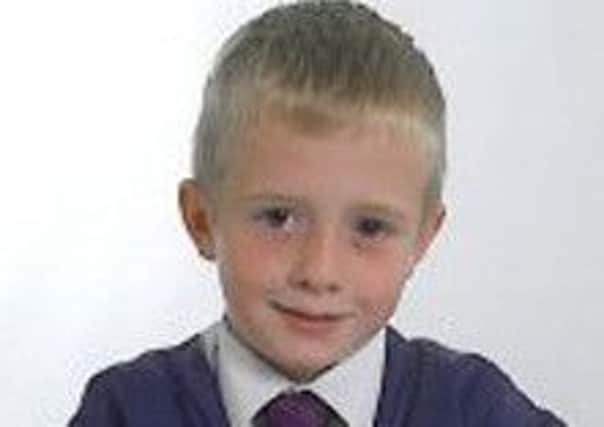Mentally-ill pair in knife attacks ‘failed by NHS’


Paranoid schizophrenic Daniel Taylor, 21, stabbed his nine-year-old brother, Jack, to death and wounded his sister in Bradford in February 2010 and was ordered to be detained under the Mental Health Act after he admitted manslaughter due to diminished responsibility and wounding his sister.
Schizophrenic Raheem Nawaz was just 19 when he stabbed and wounded seven people in a knifing spree in Keighley in August 2009. He was later convicted of attempted murder and given a hospital order for an indefinite period.
Advertisement
Hide AdAdvertisement
Hide AdBoth men were receiving care and treatment from Bradford District Care Trust (BDCT) and Bradford and Airedale Community Health Services (BACHS) at the time of the attacks.
Independent investigations into the cases found that Taylor and Nawaz, referred to as Mr B and Mr C, were discharged from hospital in August 2009 without robust care plans in place and there was no clear overview of their problems.
But the reports could not conclude in either case that any particular course of action would have prevented a serious incident.
In a statement, investigators said: “Both young men had long histories of drug and alcohol use but the link between their substance misuse and their psychotic symptoms was not adequately explored or understood by Bradford District Care Trust. There was no clear overview of their problems and both were discharged from hospital in August 2009 without robust care plans in place.
Advertisement
Hide AdAdvertisement
Hide Ad“Although we had serious concerns about the overall management of both men, we could not conclude in either case that any particular course of action would have prevented a serious incident. We have to consider what people knew at the time and staff saw no obvious signs that Mr B or Mr C could be as violent as they were on the days of the incidents.
“Despite our concerns, we found good practice in some areas and both young men were generally seen by skilled and conscientious staff who were doing their best to help them.”
Simon Large, Bradford District Care Trust chief executive, said recommendations from both reports had been put into practice.
He said: “They identify a number of areas of poor practice around care coordination and care planning. Where we fell below our own high standards and those expected of our local communities I would like to say I am sorry. In the years since then, action has been taken to make significant improvements in these services.
Advertisement
Hide AdAdvertisement
Hide Ad“In considering these reports I believe that neither event could have been prevented.”
Nawaz was discharged from hospital eight days before he knifed a man in a Keighley residential street and attacked six more people outside a town centre pub on August 20, 2009.
The report into his case said: “Overall we found the arrangements for Mr C’s second discharge fell short of good practice in view of the risks associated with his mental illness, his substance misuse and his behaviour. There was no written care plan for this discharge which was arranged at short notice.”
The report found he was discharged to unsuitable accommodation with no clear understanding of his mental illness or best interests and no active support for his family.
Advertisement
Hide AdAdvertisement
Hide Ad“He ran out of medication one or two days before the incident and we do not know what effect this had on his mental state and substance misuse,” it said.
The report into Taylor found “nobody who took charge of his treatment had a clear overview of his problems and needs”.
It said: “We have concerns over the formulation of the case, that the relationship between the substance misuse and apparent psychotic symptoms was not sufficiently or adequately explored and that the significance of the history of violence going back years had been missed.”